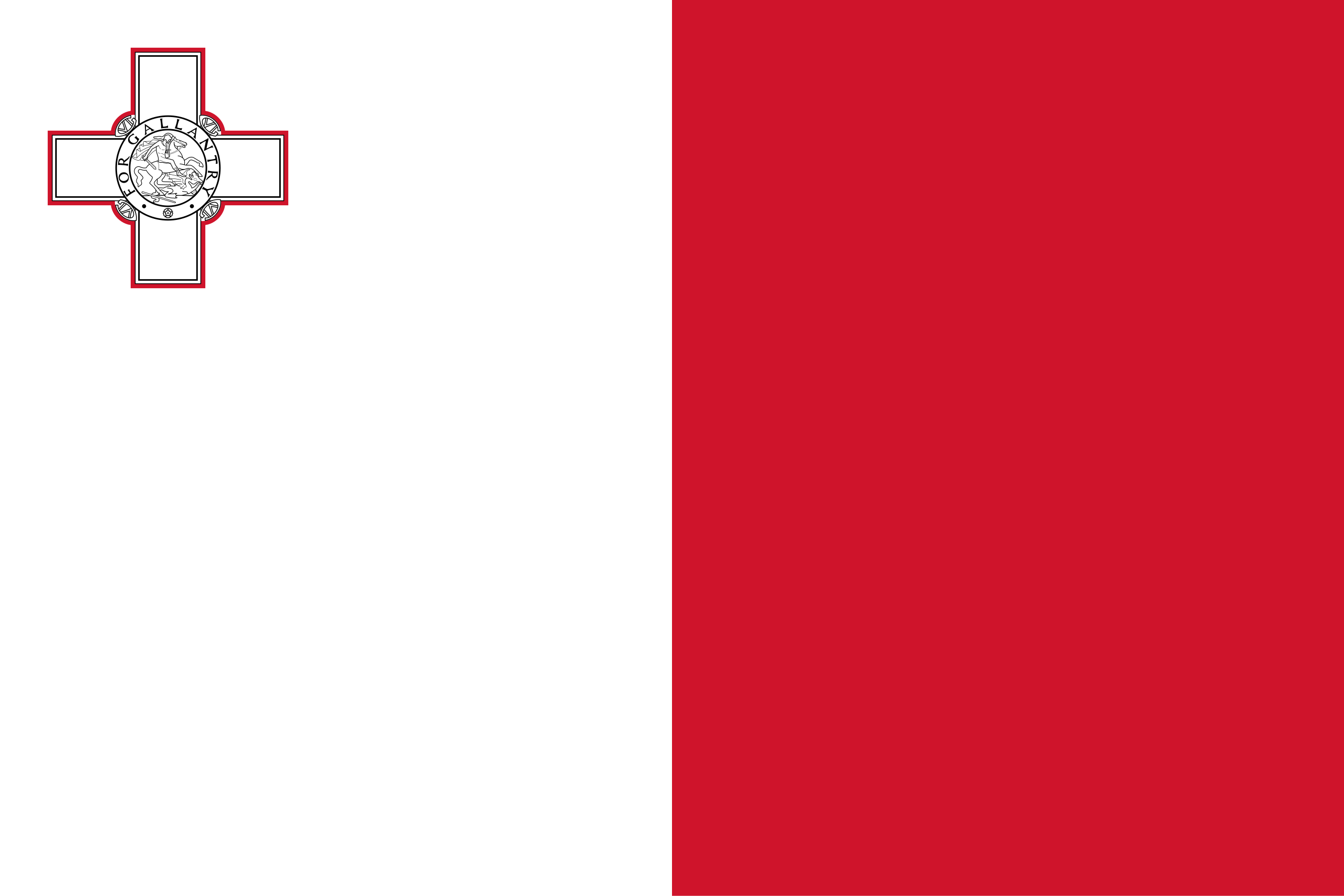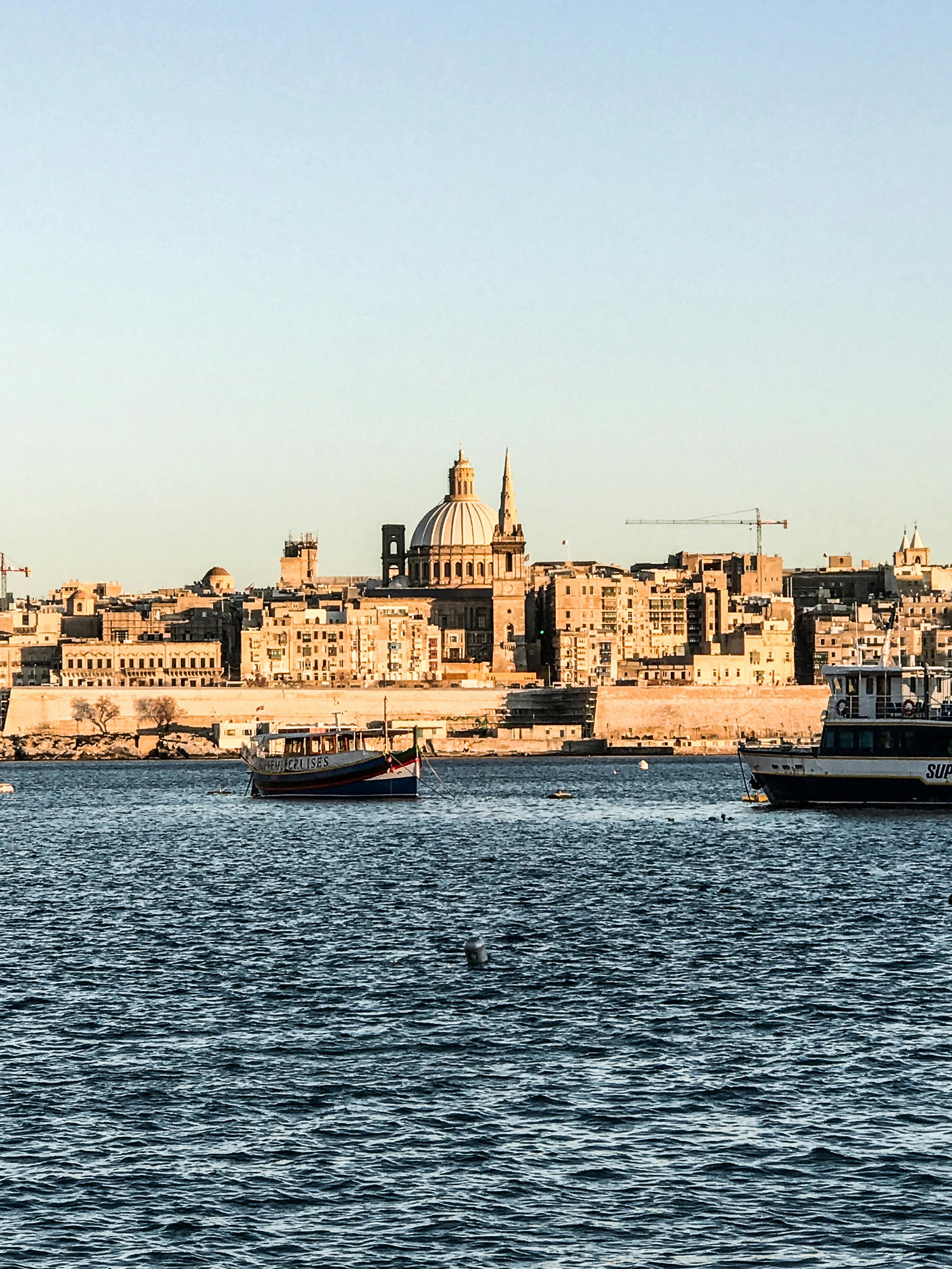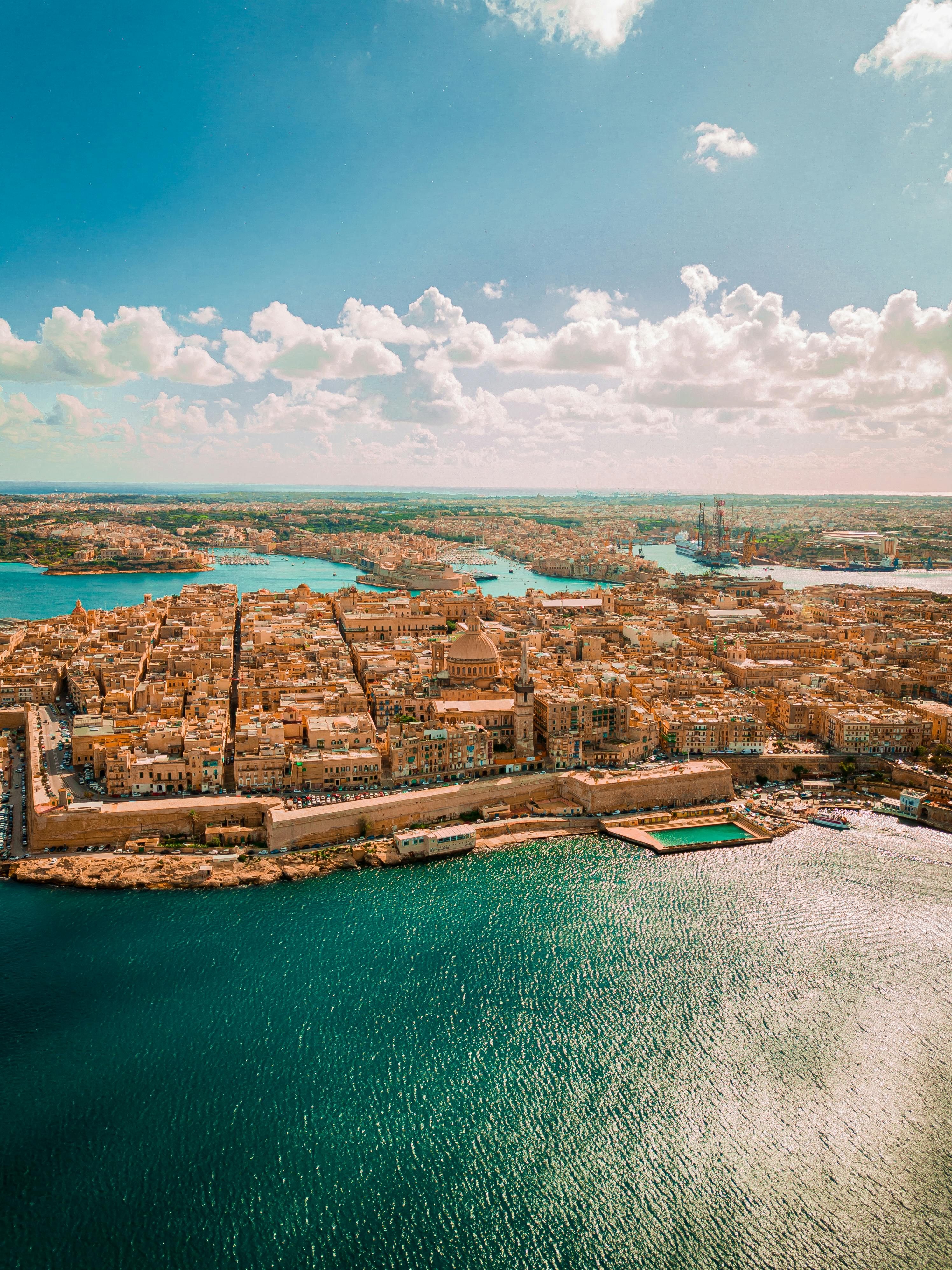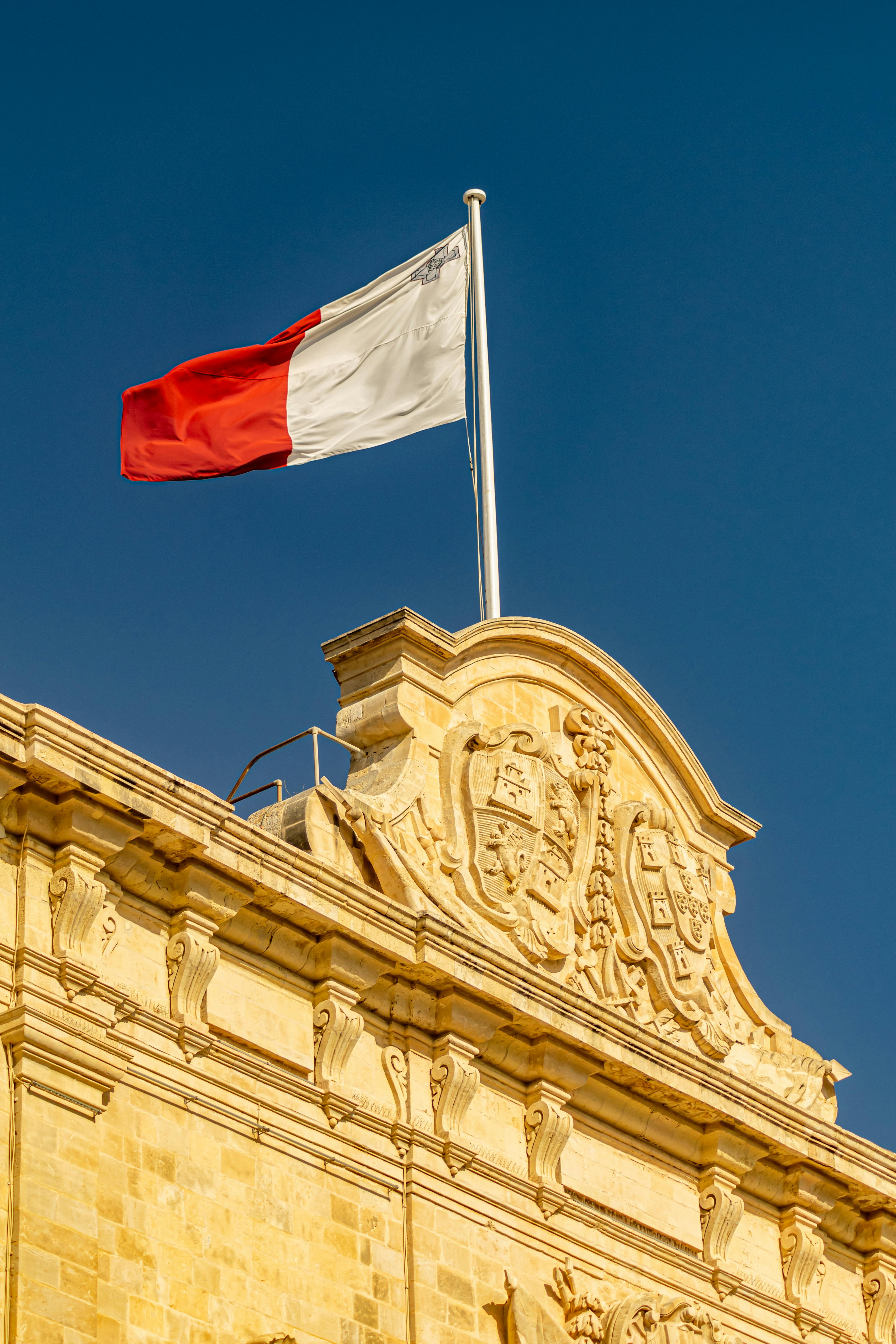Climate
A popular tourist destination known for its 300 days of sunshine; Malta boasts one of the best climates in the world. It was the location for major film productions like Game of Thrones, Pirates of the Caribbean, and Gladiator.
People
The people of Malta are known for their warmth and hospitality. English is widely spoken alongside Maltese, making it easy for international students to communicate and integrate. Maltese society is welcoming and vibrant, with numerous festivals and traditions that offer a glimpse into its unique heritage. Malta is one of the safest countries in the world.
Political Conditions
Malta is a stable parliamentary republic with a strong democratic tradition. It is a member of both the European Union and the Commonwealth. The political environment is conducive to business and education, with a focus on maintaining high standards in both sectors.
Economy
Malta's economy is diverse and robust due to its strategic location as a central Mediterranean hub. Key industries include tourism, financial services, IT, and maritime activities. The economic environment supports innovation and entrepreneurship, providing ample opportunities for students and professionals.



